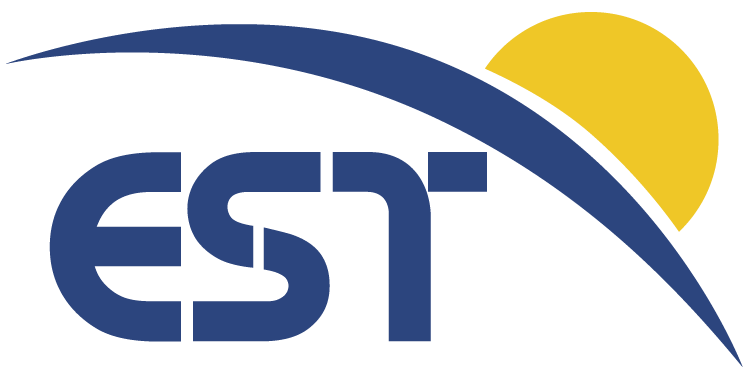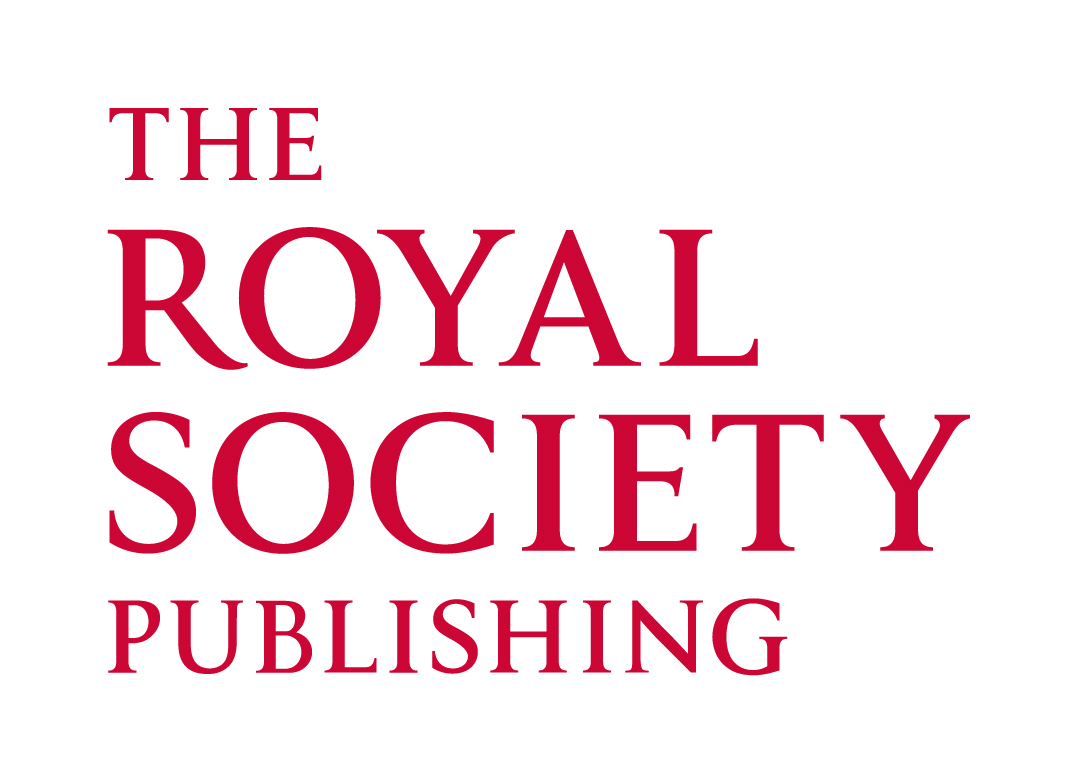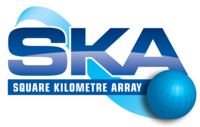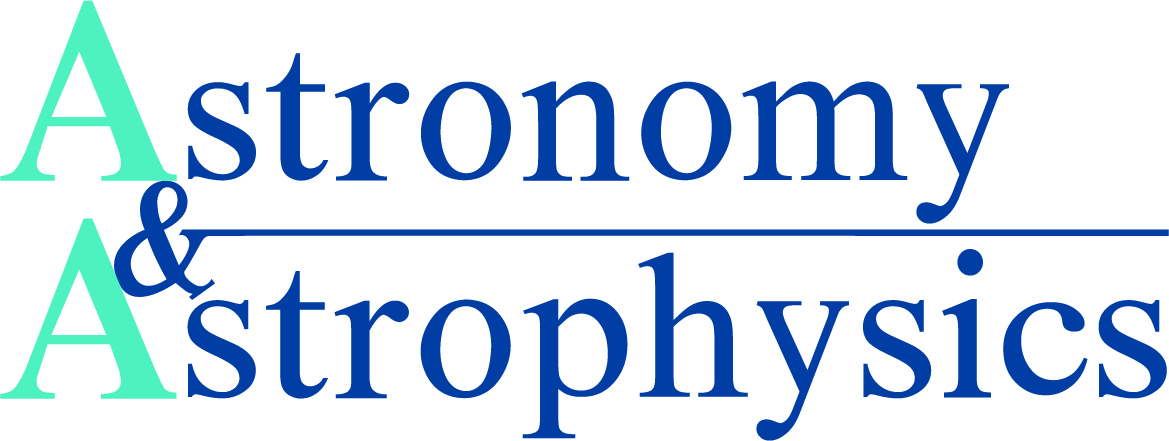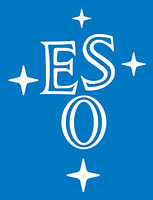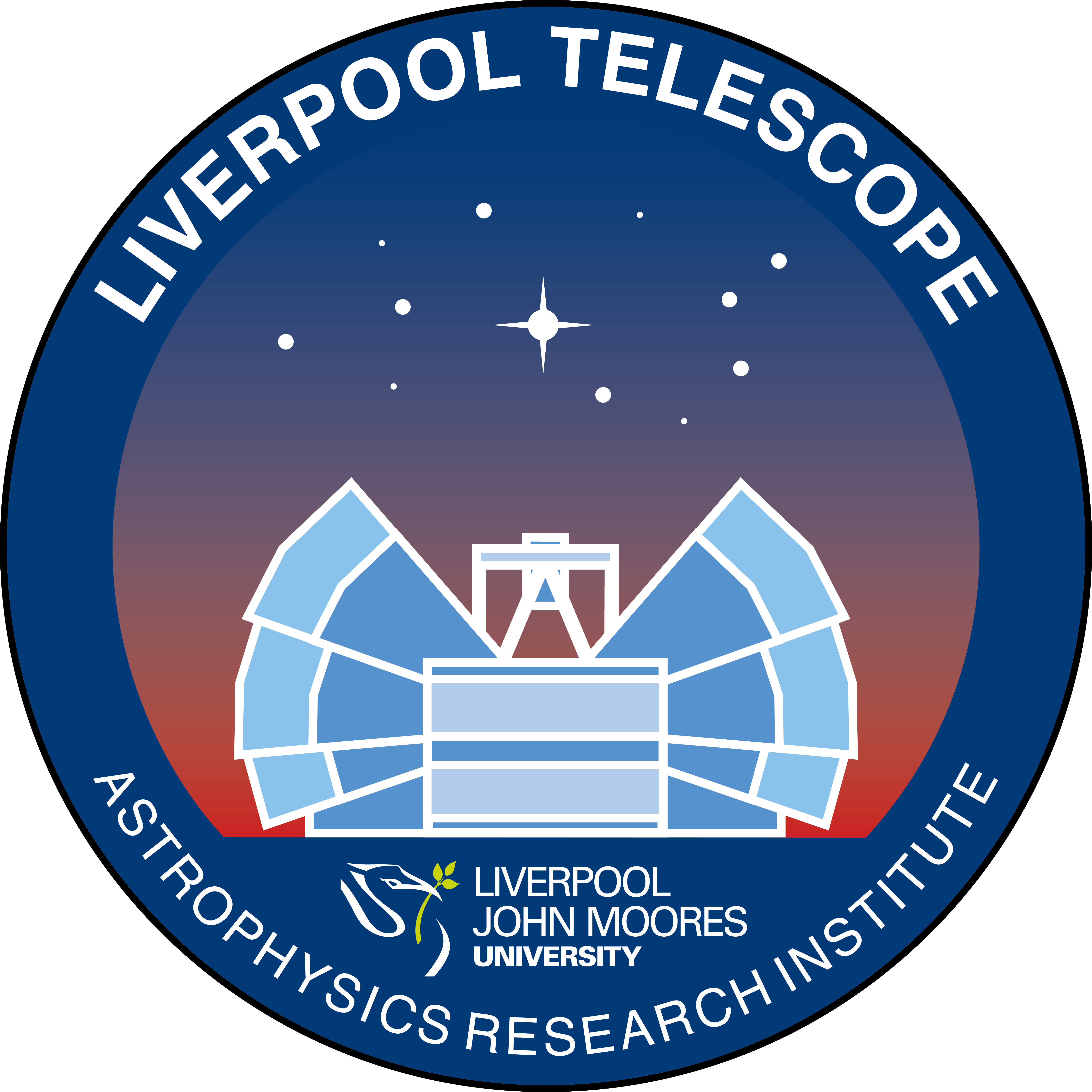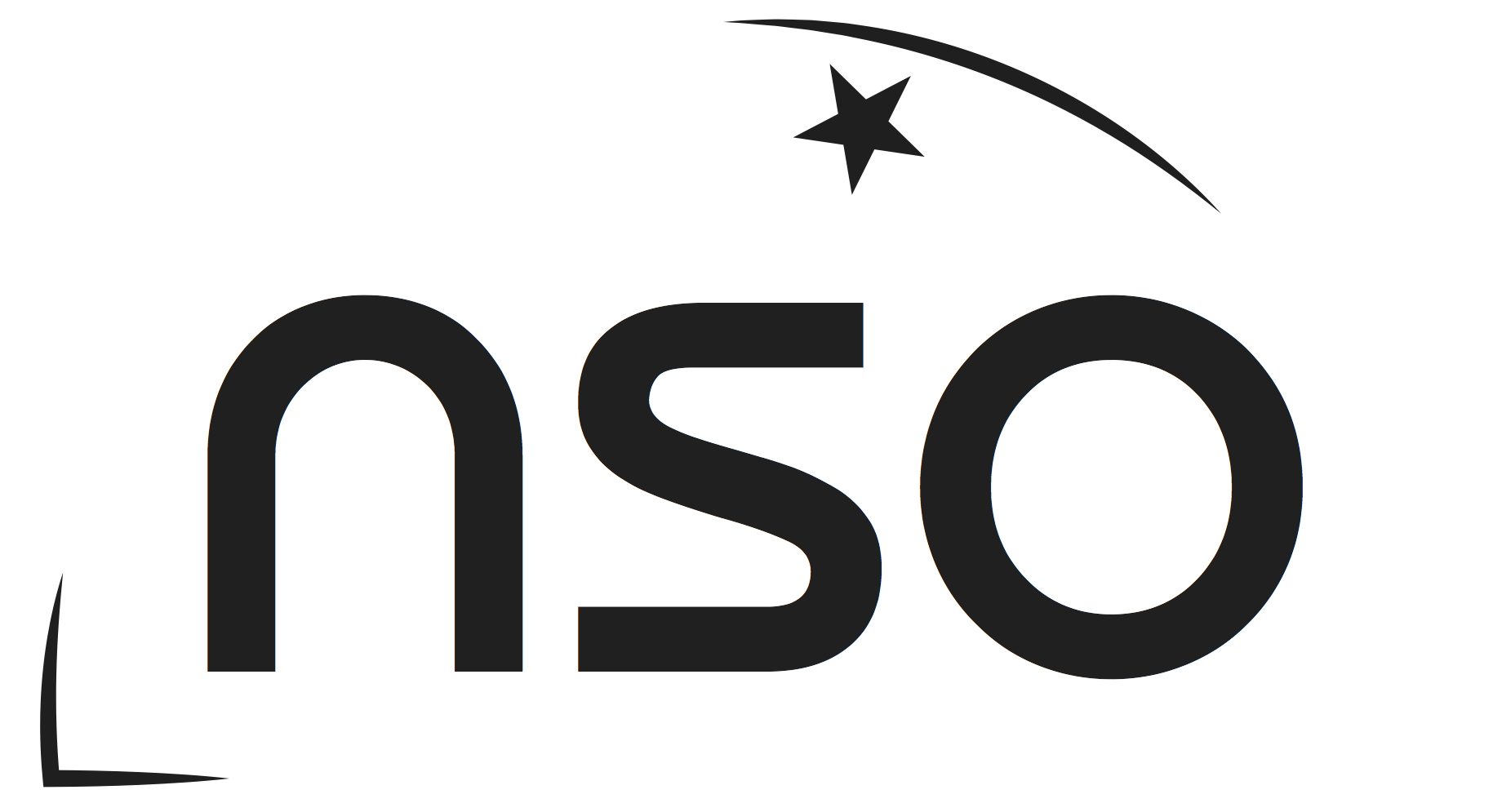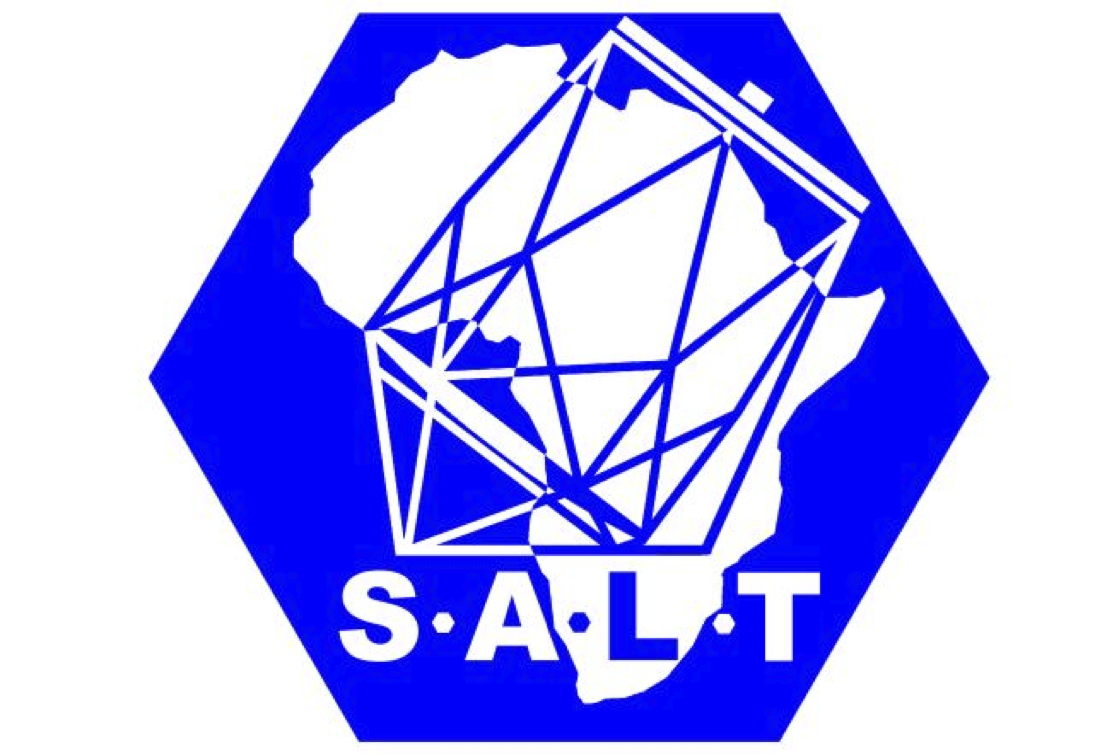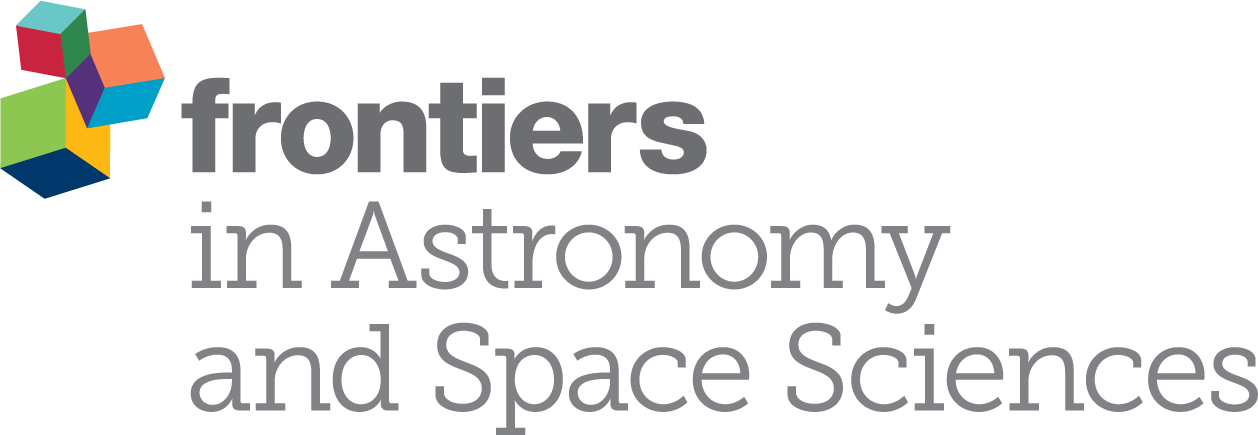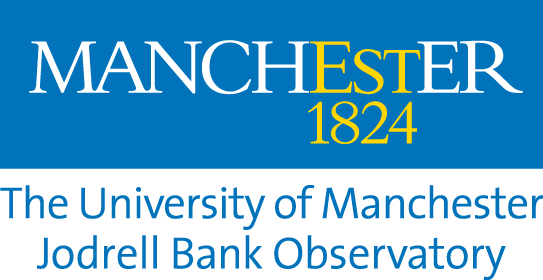Symposium S5
3 – 4 April 2018
Relativistic Astrophysics, in memory of Stephen Hawking
Aims and scope
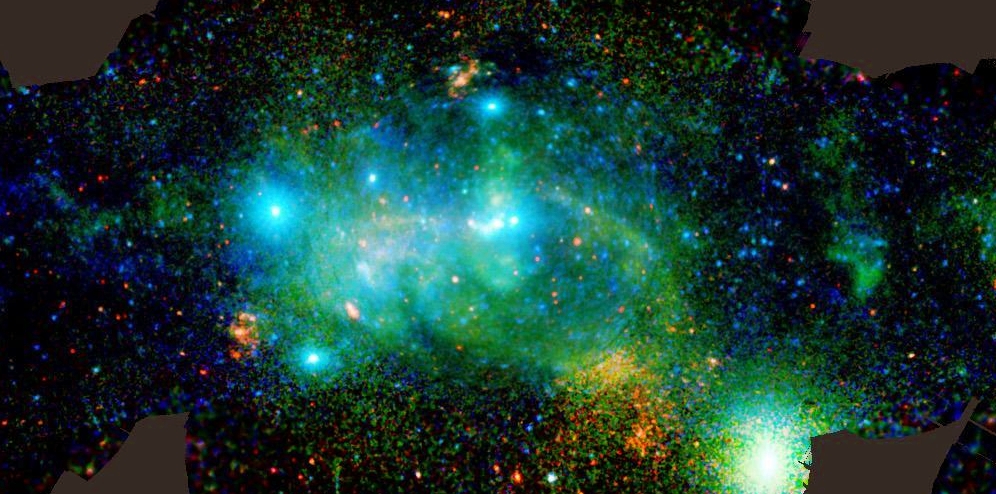 During the last 50 years General Relativity has become
the main theoretical concept of modern astrophysics
and has seen many breakthroughs in the last few years.
The session aims to discuss the current theoretical
understanding and observational frontiers
(e.g. XMM-Newton, NuSTAR, INTEGRAL, Chandra and EVN) as well as the developments of
new observational facilities (e.g. Virgo and Ligo, GRAVITY,
Event Horizon Telescope, and Large Synoptic Survey Telescope).
During the last 50 years General Relativity has become
the main theoretical concept of modern astrophysics
and has seen many breakthroughs in the last few years.
The session aims to discuss the current theoretical
understanding and observational frontiers
(e.g. XMM-Newton, NuSTAR, INTEGRAL, Chandra and EVN) as well as the developments of
new observational facilities (e.g. Virgo and Ligo, GRAVITY,
Event Horizon Telescope, and Large Synoptic Survey Telescope).
Programme
- Topic 1: Classical and new test of general relativity
- Topic 2: Relativistic compact objects: observation of their
direct environment and event horizon measurements
- Topic 3: Accretion onto compact objects and tidal disruption events
- Topic 4: Merging compact objects and gravitational waves
- Topic 5: Instrumental developments
Invited speakers
- Opening Talk:
- Lord M. Rees (University of Cambridge, United Kingdom): Stephen Hawking --- An Appreciation
- Invited Talks:
- J. Centrella (NASA Goddard Spaceflight Center, Greenbelt, USA): The New Landscape of Multi-Messenger Astronomy
- M. Colpi (University of Milano Bicocca, Italy): Simulations of Galaxy Mergers
- L. Dai (Niels Bohr Institute, Copenhagen, Denmark): General Relativistic Modeling of Tidal Disruption Events
- H. Falcke (Radboud University, Nijmegen, The Netherlands): Event Horizon Measurement of Sgr A*
- M. Kramer (Max-Planck-Institut für Radioastronomie, Bonn, Germany): Tests of General Relativity with Neutron Stars Binaries
- P. McNamara (European Space Agency, Noordwijk The Netherlands): From Lisa Pathfinder to Lisa
- C. Reynolds (University of Cambridge, United Kingdom): Observing Black Hole Environments through Reverberation mapping
Scientific organisers
Norbert Schartel (ESA, Spain);
Stefanie Komossa (QNUN, China & MPIfR, Germany)
Contact
Norbert.Schartel @ sciops.esa.int
Updated on Mon Apr 02 22:02:02 CEST 2018
|
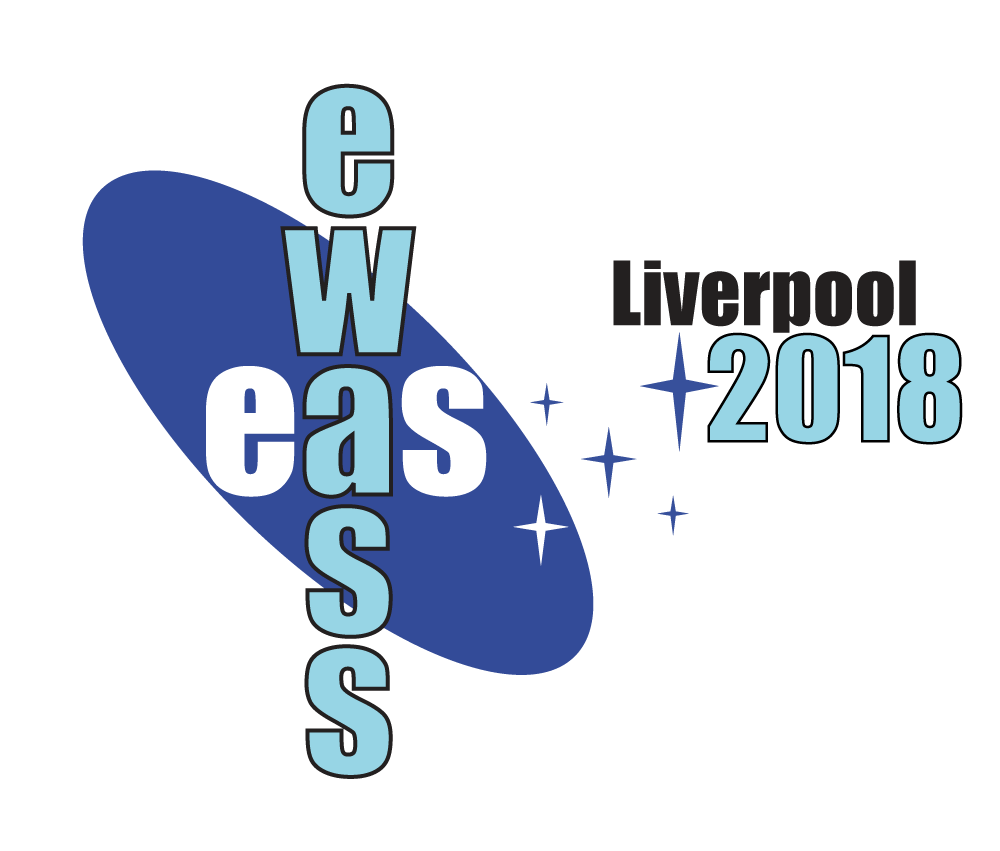
 A power cut will shut down all EAS services on Tuesday, 10 January 2017 starting at 7:30 CET.
A power cut will shut down all EAS services on Tuesday, 10 January 2017 starting at 7:30 CET.






